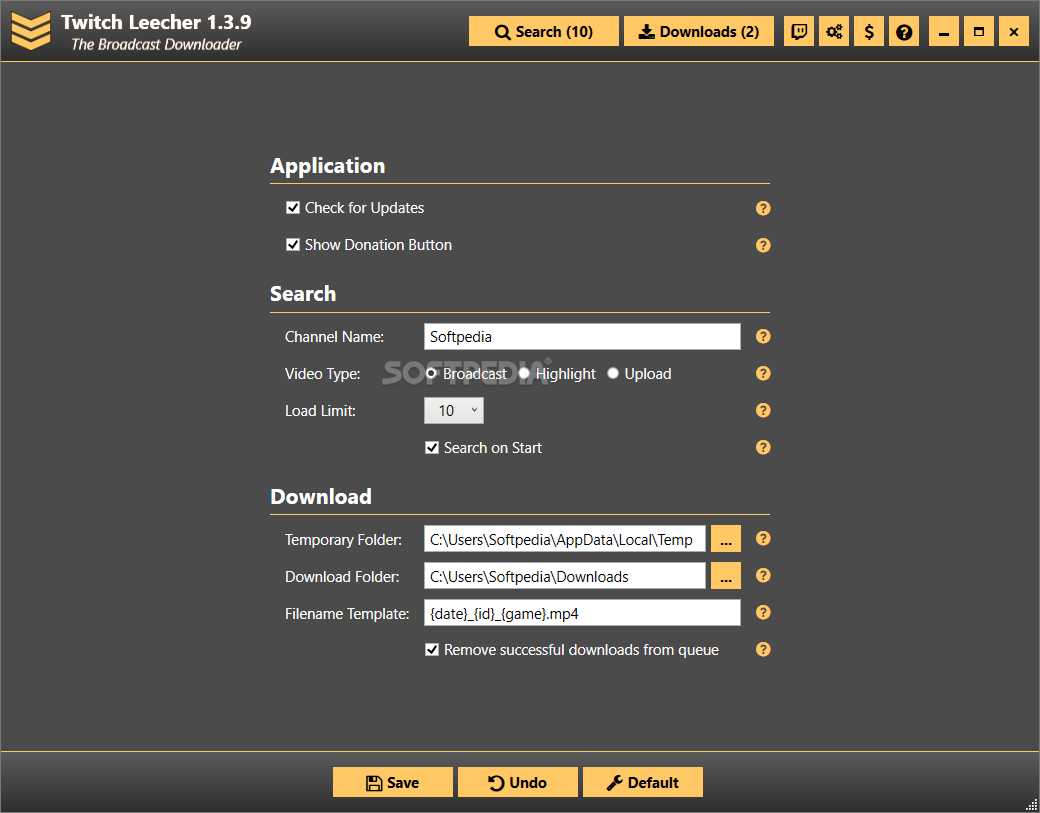


Towards this end we demonstrate the utility of ALBUS by providing neurophenomenological models of psychedelics focusing on mechanisms of conscious perceptual synthesis, as well as hippocampally-orchestrated episodic memory and mental simulation. The ALBUS framework provides a rich account of cognition based on predictive processing, which we believe provides a means of fruitfully integrating across theories of psychedelic action ranging from REBUS, to “thalamic gating” (Preller et al., 2019), to the newly suggested “cortico-striatal thalamo-cortical” model (Doss et al., 2021). As such, we propose a larger integrative perspective for understanding "Altered Beliefs Under Psychedelics” (ALBUS). We believe that REBUS effects are indeed crucially important aspects of psychedelic experiences, but suggest these exist alongside SEBUS effects in various combinations. We suggest an opposite effect may occur along much of the dose-response curve of 5-HT2aR stimulation, in which synchronous neural activity becomes more powerful, with accompanying "Strengthened Beliefs Under Psychedelics" (SEBUS) effects. Here, we introduce an alternative (but largely compatible) perspective, in that while such effects may be both real and important, these alterations may primarily correspond to a rare (but potentially pivotal) regime of very high levels of serotonin 2a receptor (5-HT2aR) agonism.

More specifically, excessive excitation of deep pyramidal neurons is thought to cause paradoxical desynchronization, so "flattening" (Bayesian) "belief landscapes" by attenuating large-scale complexes of synchronous neural activity, particularly at alpha frequencies. This model is contextualized within the Free Energy Principle and Active Inference framework, as well as the associated neuronal processes theory of hierarchical predictive processing. How is it that psychedelics so profoundly impact brain and mind? According to the highly influential model of "Relaxed Beliefs Under Psychedelics" (REBUS) (Carhart-Harris and Friston, 2019), wherein 5-HT2a agonism is thought to help relax prior expectations, so making room for new perspectives and patterns.


 0 kommentar(er)
0 kommentar(er)
